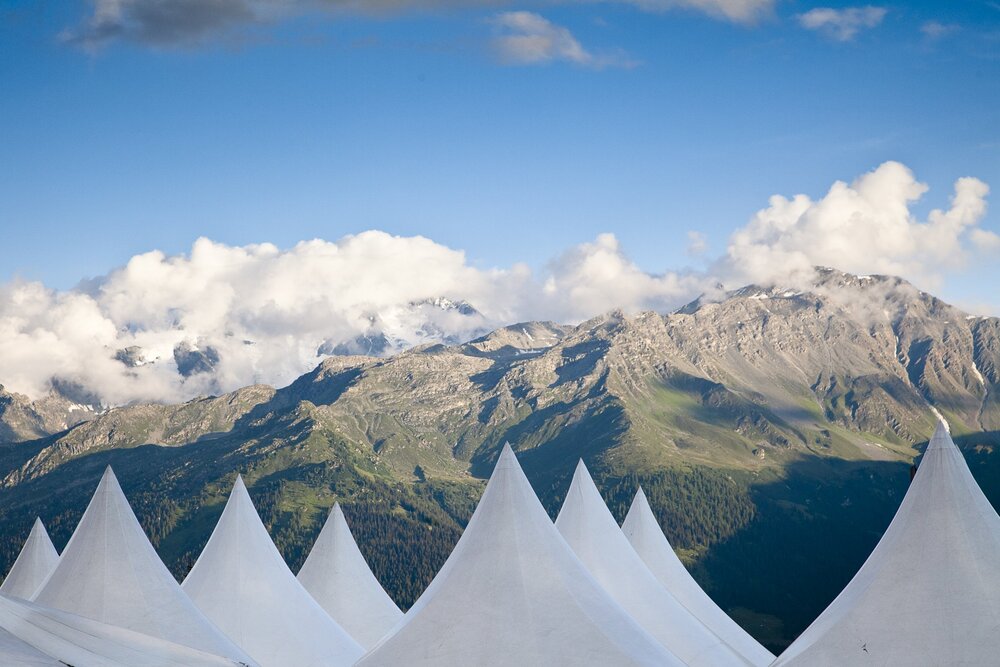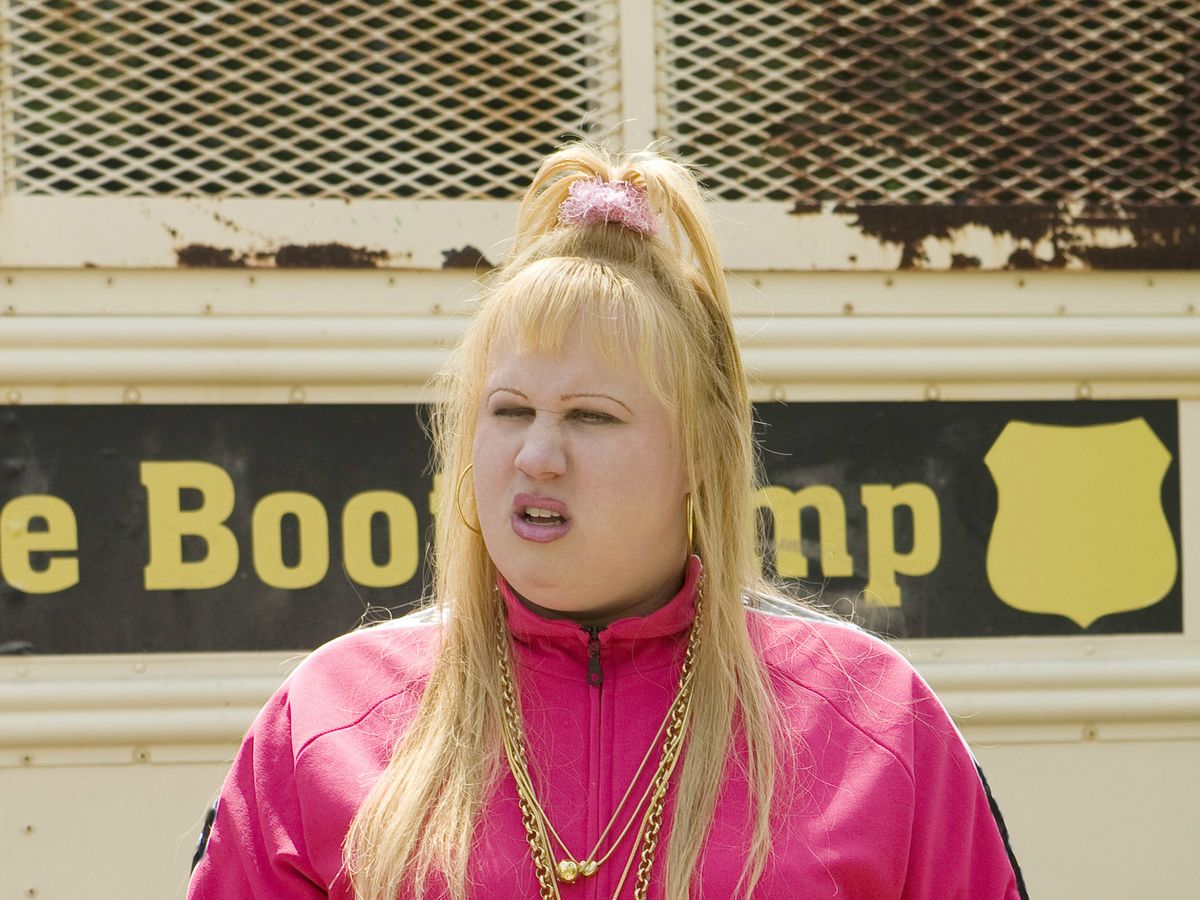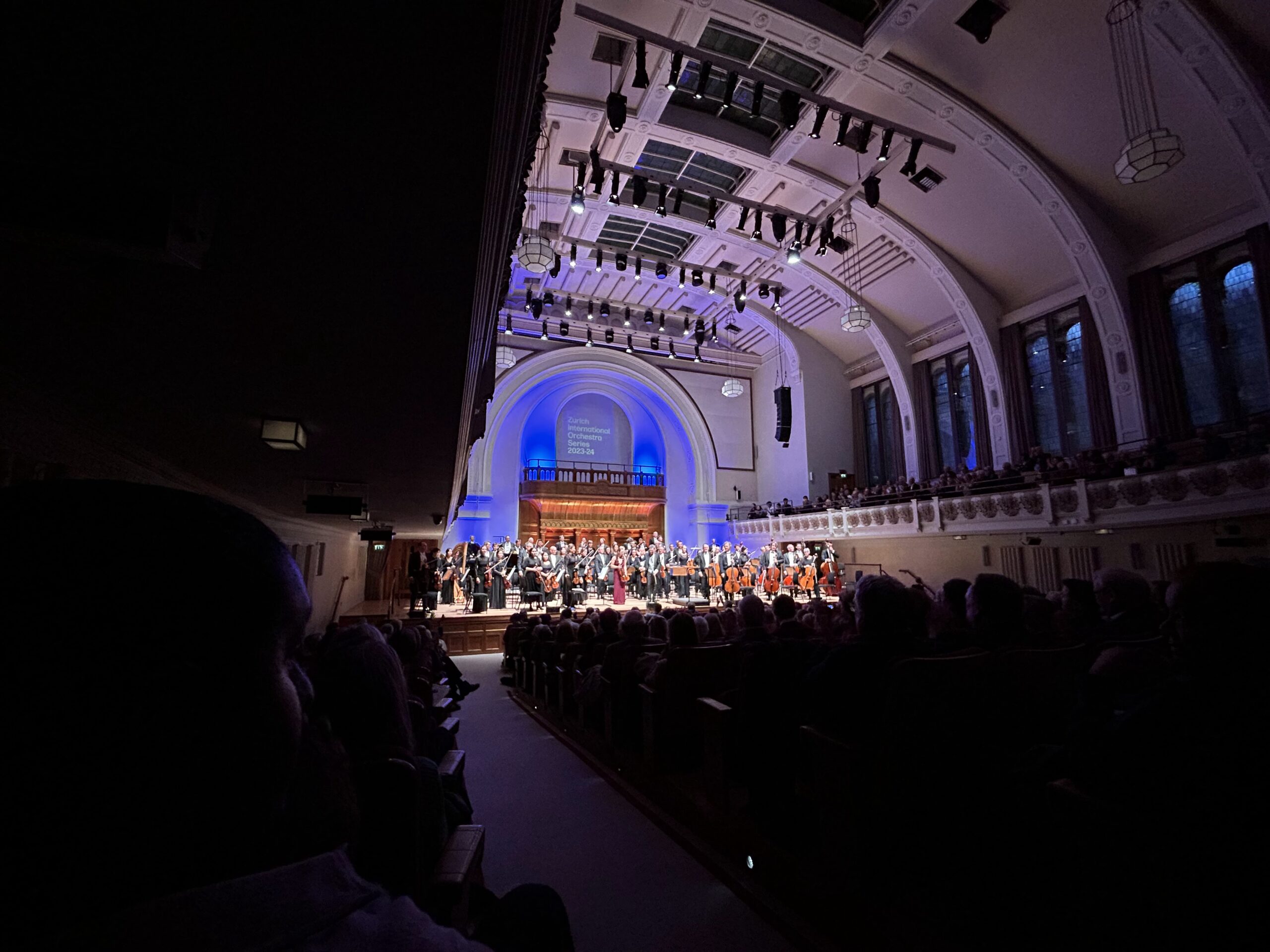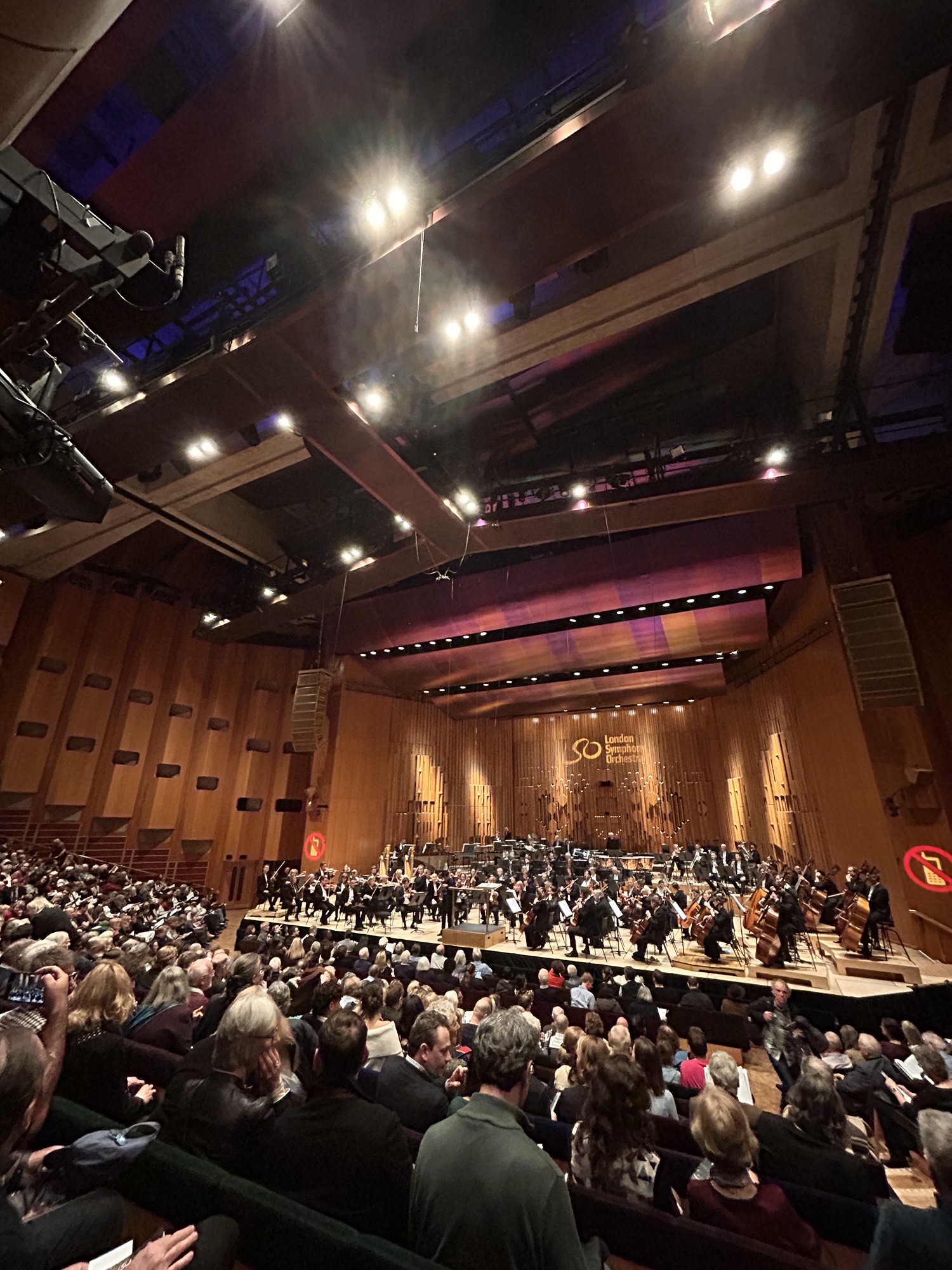Highlights, notes, and reflections from a three-day trip to the mountainside music festival, now in its 26th year
Too much music and too little time for painstaking reviews. Instead, some highlights and reflections from three days at the 26th Verbier Festival.
Joshua Bell
Bell’s performance of Dvorak’s Violin Concerto was a chance to see him in the flesh after hearing him at the Proms last weekend.
Interesting to see how Bell communication with various sections during performance – signalling emotional intent, tighter ensemble. Also striking how Bell’s musicianship focuses attention on the material sometimes to the exclusion of everything around him. A truly captivating player giving a magnetic performance. Pinned to my seat throughout.
Beethoven ‘Kreutzer’
There’s a thing about the world I frequent. Content demands stories. The stories usually come from the talent. That means getting close to the talent and getting them to tell stories about their life and work.
I had pitched for a Kavakos interview and very nearly got it (it would be after the performance depending on availability). That’s fine. What was interesting for me was seeing him perform the Beethoven Kreutzer Sonata with Evegny Kissin and realising that I wanted to maintain a distance and not interview him.
The performance was intense. Multiple characters from Kavakos, intense playing. Electrifying. Maybe even a little bit terrifying. A sort of white heat all around him – something you had to look at it at the same time as fearing looking at it.
Kavakos is a gentle giant. Tall, perhaps even imposing. His near-shoulder length hair shakes gently as he plays. His body remains isolated from the music. When he plays it is as though he observing himself play and, like us, marvelling at the sound emerging. He is quite something to watch. And his performance of the Kreutzer was every bit as gripping as watching Daniil Trifonov play the Transcendental Etudes back in 2013.
First time seeing Kissin live too. It has a similarly intriguing and strangely beguiling quality about him. Intriguing facial expressions as he plays. Compelling to watch. The most remarkable touch to the keyboard. Three different colours in three successive chords in the second movement. Fascinating to watch the way he looked round and up at Kavakos at various points during performance. Endearing sight.
Quartet Ebene are a remarkable bunch
This was a surprise. The quartet play with a wondrous warm burgundy sound. Noticed right from the first note. There’s clarity in the sound, but also roundness to the tone; like the sanded polished edges of pine furniture. Ravishing. Like being handed a whiskey, drinking it, liking it and then realising now that you’ve been given the right whiskey you’d happily have more. I’ve never been quite so aware of narrative in a string quartet before hearing Quartet Ebene play Mozart.

Similarly, the Tchaikovsky was a bit of a revelation. Player of the concert undoubtedly was QE’s viola player who throughout communicated with audience and colleagues with relish and verve. She works hard to maintain this level of commitment with the players who joined the quartet for the Tchaikovsky. Sometimes I wonder whether they’re less open in their communication with her. If its possible for the sound of an instrument to make me go weak at the knees, then the cellist has the ability to produce it.
Magic moment in the final movement fugue – epic, uncompromising. We’re powering down a runway heading for take off, and then pivoting on a unison note played by everyone – an unexpected and much needed breathing space. Tone matched exquisitely amongst the six players. A joy to be present in the moment.
Schubert 9th is fiendish and hugely entertaining
The Verbier Festival Orchestra’s concert performance wasn’t entirely without error – the opening bars of Schubert 9 a case in point. Otherwise a thrilling performance with some standout moments.
I hadn’t appreciated how much material Schumann had written for the string players (bloody hell they all worked hard). Impressive gear shifts (in characterisation and speed), delicate detail, and warm colours from wind and brass. Delightful elegance in both melody and phrasing in the strings, trnasforming what could have been a dull toe-tapping second movement into something far more fascinating, brimming with detail. A glorious romp followed in the third movement – lots of gratifying string textures and dry articulation from the timpanist. Fourth movement: tour de force.
Player of the concert: number one, fifth desk, first violins. I think his name was Roman Vikulov from Russia. I know its not really on to pick out individuals, but his energy, precision, and style was a thing to behold. So too the look of elation on his face when he turned to the audience after the final note in the Schumann.
Verbier Festival Chamber Orchestra woodwind section
One moment in the first concert I attended this year will last (I hope) forever.
Hearing the first woodwind cue in Weber’s Oberon overture. The combination of flute and clarinet (there might have been others in the score, I just haven’t looked yet) was an absolute joy to hear. Ensemble lovingly crafted.
Research the angle not the questions
I’ve long thought I don’t research enough for interviews. In general I think too much research for interviews is a potential minefield. You can’t really gen-up on a subject you don’t know very much about quickly without running the risk of making a mistake and making yourself look like an arse. Better in some instances (especially where arts journalism is concerned) to lead on curiosity and follow your instinct. I’ve also assumed that by using an interview style that relies on instinct, too much research will result in some questions being overlooked.
This trip I made the error of preparing for one interview by writing down questions, almost as though I was scripting the interview based on what I wanted to hear. It wasn’t a disaster, it just didn’t feel right. The next interview I just identified the angle, thought about the overriding question I wanted to answer for myself, and trusted my instinct I’d get there in the space of 45 minutes. “Had I known you were such a good journalist,” said Martin Engstroem after his interview, “I’d have given you an hour.” We had in fact spoken for 51 minutes.
Those with vision lead; those without manage
The question in my mind for Martin’s interview was about leadership. This is partly because I’m working on a workshop for some arts administrators in the autumn. But it’s also because I realise (now, heading back to London) that for a long time I’ve aspired to go further in my chosen field (25 years ago in the arts, most recently in the media) but reached a bit of a brick wall. I’ve always assumed it was down to me not being the right kind of individual to go to the next level. A sort of failing.
The interview with Engstroem uncovered something I hadn’t appreciated. Leaders aren’t anointed leaders by others. They are leaders because they have a vision they need to get realised. And realising that vision requires other to follow you.
Leadership needs vision to kickstart it. If you don’t have vision then you’ve nothing for people to follow. Everything else is merely the mechanics of leadership.
Detach the production of the sound from the emotion of the music
This one’s a slightly more difficult thought to articulate. It stems from a similarly fascinating conversation with Alexander Sitkovetsky.
A comment he made during the interview recalled Menuhin suggesting he was unaware when playing what exactly his arms and fingers were doing during performance. It was as though the music was existing in its own right.
This got me thinking about the division between the mechanics of music production and the emotion. And specifically what we the listener or commentator project onto the experience of listening in order to make sense of what we’ve heard and the impact it has on us. Something for another blog post, I think. After I’ve read a little around the subject.
Imposter no more
I don’t want to show off. There are so many journalists who do that. It’s a bit tiresome. No. It’s nauseating. But …
A handful of people I know in the arts world will have heard me say to them in the past 18 months that often I feel as though I’m on the periphery of the arts world. They have expressed surprise about this. One visibly so. I realised this week that this statement was … shock horror .. a manifestation of imposter syndrome. Just like any presenting issue in a coaching session, this has gone under the radar for a long time.
But no longer it seems. Not on this trip. This has to do with a realisation about what seems to be happening more and more: people sending me stuff, people rocking up for podcasts, and feeling more and more comfortable saying what I do and for whom. The insight?
It’s also to do with the day-to-day process I’ve become more aware of on this trip. Me and my content creating peers – eg Fran Wilson, Andrew Morris, or Adrian Specs to name three of many – do this kind of stuff everyday. Podcasts require scripts. Scripts require writing. Reading your copy out loud on a frequent basis is what writing demands: being in a constant state of self-assessment with a view to correcting, improving and developing. Regardless of who pays me (or not), I do this stuff every single day.
And the insight that links these two things? Reminding myself that imposter syndrome subsides (nb it’s never overcome) when you start seeing yourself from a different perspective – how others see you.
Lina
Last note about the lovely Lina.
I worked with a pianist last year, doing some marketing and PR work, and getting him airplay on Radio 3. I had two meetings with him and various others, of whom Lina was one person present, quite by chance.

We met on other occasion (she thinks it was two, but she’s wrong) at the Royal Albert Hall.
I walked out of the VFCO concert first half, out onto the terrace and observed a woman I vaguely recognised pointing at me emphatically. It was Lina. She was volunteering on the festival.
Much laughter. Much nattering about this and that. We met up for a drink before my taxi took me back to the train station. Never has the company of one person I hardly know made a music festival mean so much more.
That makes Verbier my kind of Glastonbury I think.
Many thanks to Rebecca, Giorgia, Lucille and Sarah for their sterling work making this trip happen. Also, the Hotel Bristol, Verbier. They even have their own hotel dog. Beers/wine/gin all round (not for the dog, obviously).
The Verbier Festival runs until 3 August 2019






















